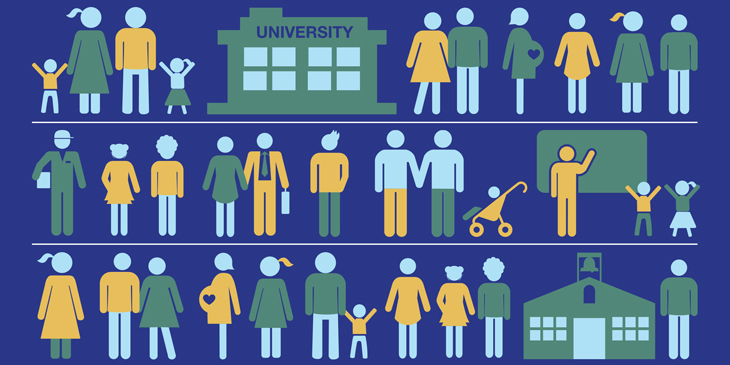02 June 2016

Count us in: a summary
Count Us In is a call-to-action report from the British Academy broadly outlining reasons, goals, and means for achieving high data literacy in the UK (Mansell, 2015).
In brief
Not everybody needs to become a data scientist, but more people need to be able to reap the fruits of data science. Economic and workforce development projections suggest that a wider base of numeracy across all occupations will be necessary in the future in order to foster innovation, efficiency, and the maintenance of an informed citizenry. Any level above innumeracy can provide some benefit – and broaden the pool from which highly data-proficient workers might emerge. Achieving this goal will require support at every level and in every subject throughout formal education, and through lifelong learning and professional development efforts.
Evaluation relative to Cambridge Mathematics
The report places its highest emphasis on producing a cultural change in expectations and requirements. Major changes in curriculum design and teacher training are assumed to be solvable challenges that will yield improved performance, and this development is assumed to be driven by the change in expectations. The "how" of preparing more students to meet more demanding qualifications is not addressed in detail. Not much is said about the feasibility and scope of investment that might be necessary to "subject school curricula…to a process of continuous review" and ensure "that quantitative skills are embedded in school curricula…within but also going beyond the subject of mathematics, from an early age". This report also does not discuss what might be de-emphasized in the curriculum by this process, or which stakeholders might be involved in a change in emphasis.
The Cambridge Mathematics programme aims to address the "how" of curriculum change by providing actionable, evidence-based guidance for the teaching of mathematical knowledge, skills, and abilities at all primary and secondary levels of education. This framework addresses not only specific analytical skills, but the wider experience necessary to support full numeracy and good understanding of context. It can serve as an initial focal point for discussion and engagement, and thus may lower the bar for the dissemination and implementation hurdles that must be cleared in order for changes to have a widespread effect.
Further details
Current status
- "Data handling" is a relative strength for UK students, but overall maths performance on international exams places it within the middle rather than the high range of economically similar countries.
Anticipated effects of achieving high data literacy in the UK
- Maintain an informed citizenry
- “reframe the epistemology of science, social science and humanities”
- Free up resources to reallocate from remediation of weak skills to enhancement of strong ones
- Improve worker competency and workforce development
- Boost the economy by maximizing every opportunity for innovation
Call to action
- Raise expectations and requirements for qualitative skills across the board – all levels of education, academia, and the workforce
Specific Actions
- Update degree and course qualifications at every level, including professional training, to require greater and/or more universal qualitative skills
- Make students want the qualifications (guidance counsellors, universities, employers must signal importance)
- Professional leadership organizations need to work with employers, the government, academia, further education, and private trainers to "promote, oversee, and monitor the improvement of quantitative skills across the workforce"
- Redesign all curricula and training programs to support broader/better quantitative skills for students in all tracks
Training required to create and implement the new curriculum
- Teacher training for curriculum implementation
- Administrator training for curriculum adoption
- Curriculum and Instruction training for curriculum development (targeting primary, secondary, higher ed., and vocational and professional employment) • Employer (including apprenticeship) training for professional development
Challenges mentioned
- Premature specialisation:
- Solution: alternative qualifications providing appropriately-levelled tracks for continued engagement with maths
- Steps so far: Core Maths certification available to lower performers
- Supply of qualified teachers
- Maths specialists
- Teachers specializing in other subjects who are also prepared to incorporate quantitative analysis
Bibliographic summary
- Analysis of international test results by private and public research and advocacy groups
- Gap analysis by national academic and governmental bodies overseeing education
- Economic predictions and workforce analysis by economics and business researchers, government agencies, and international partnerships
Access